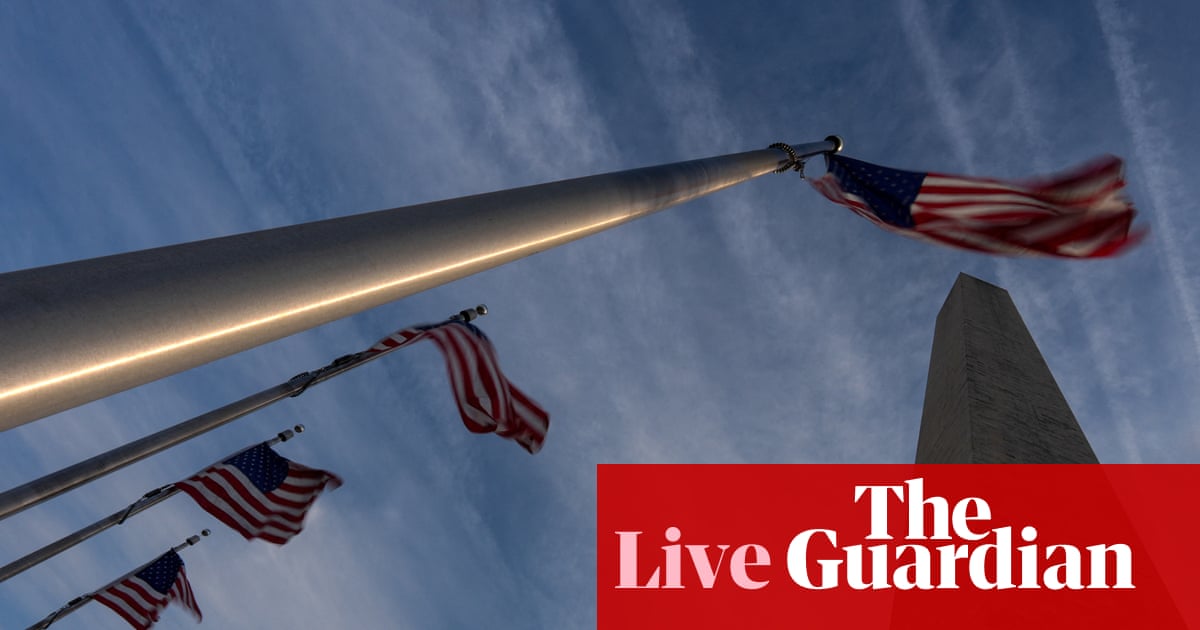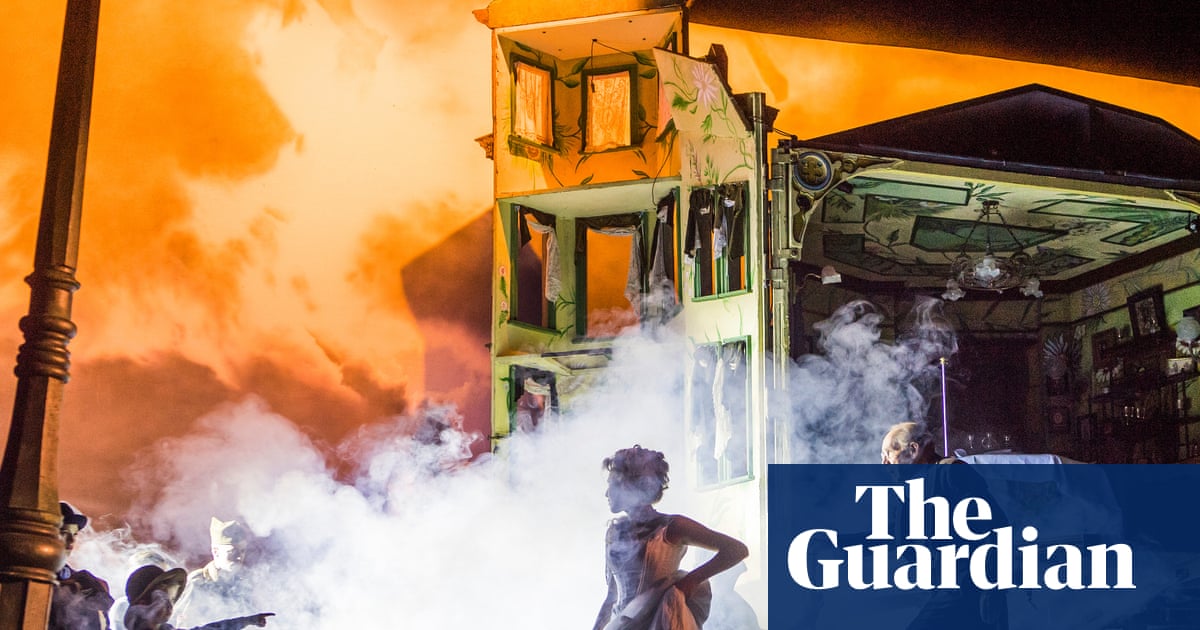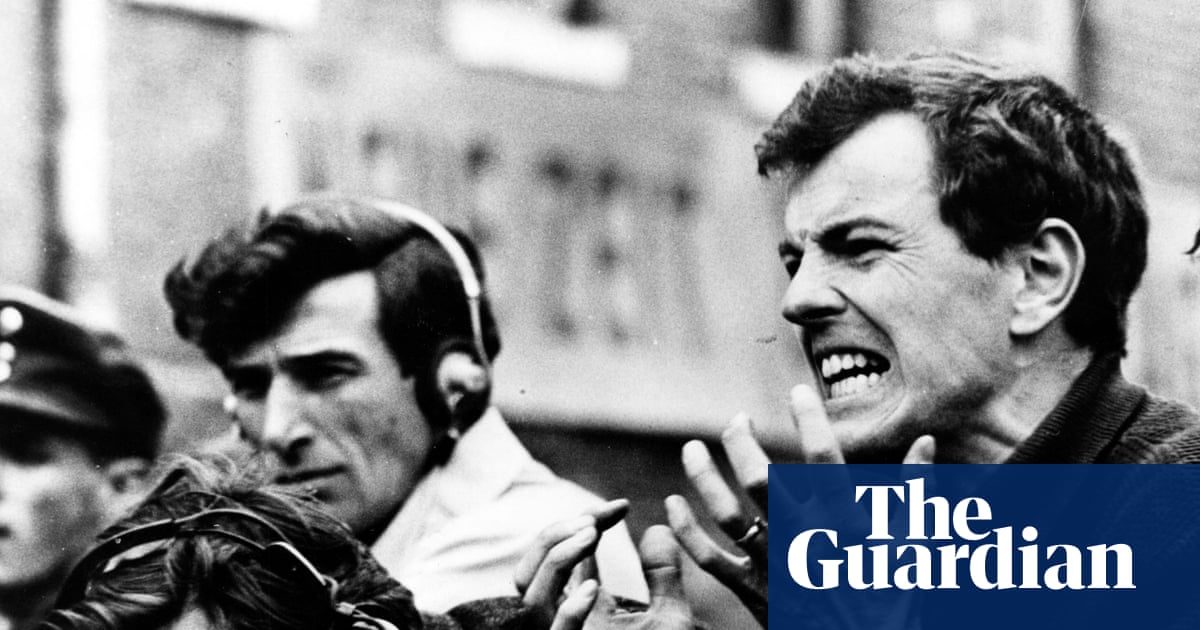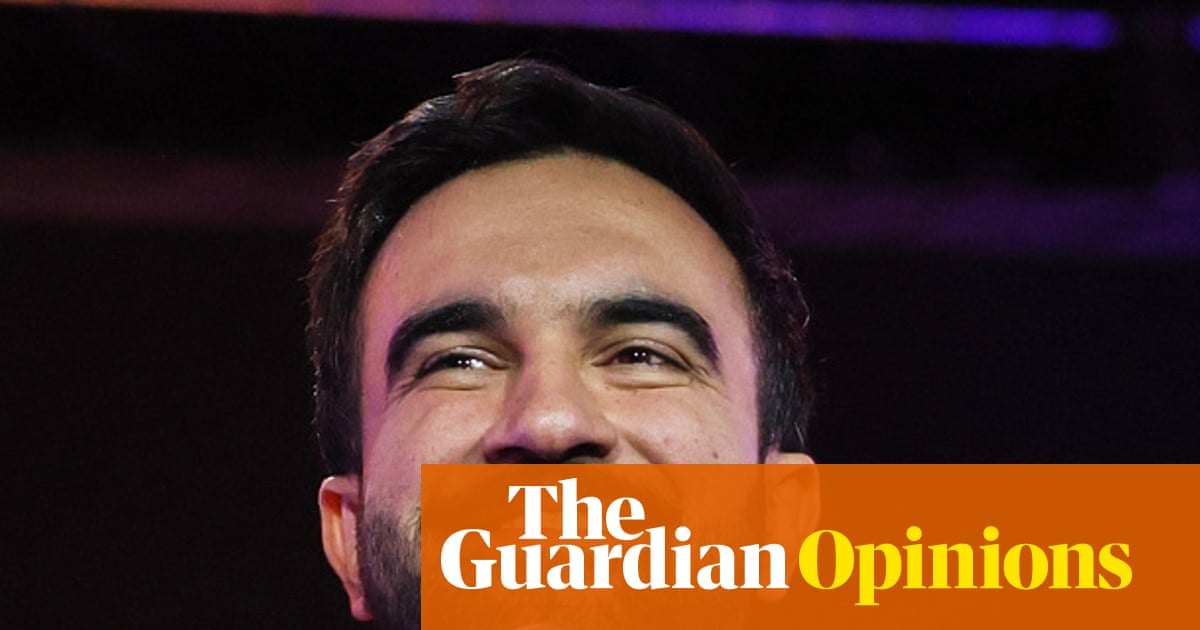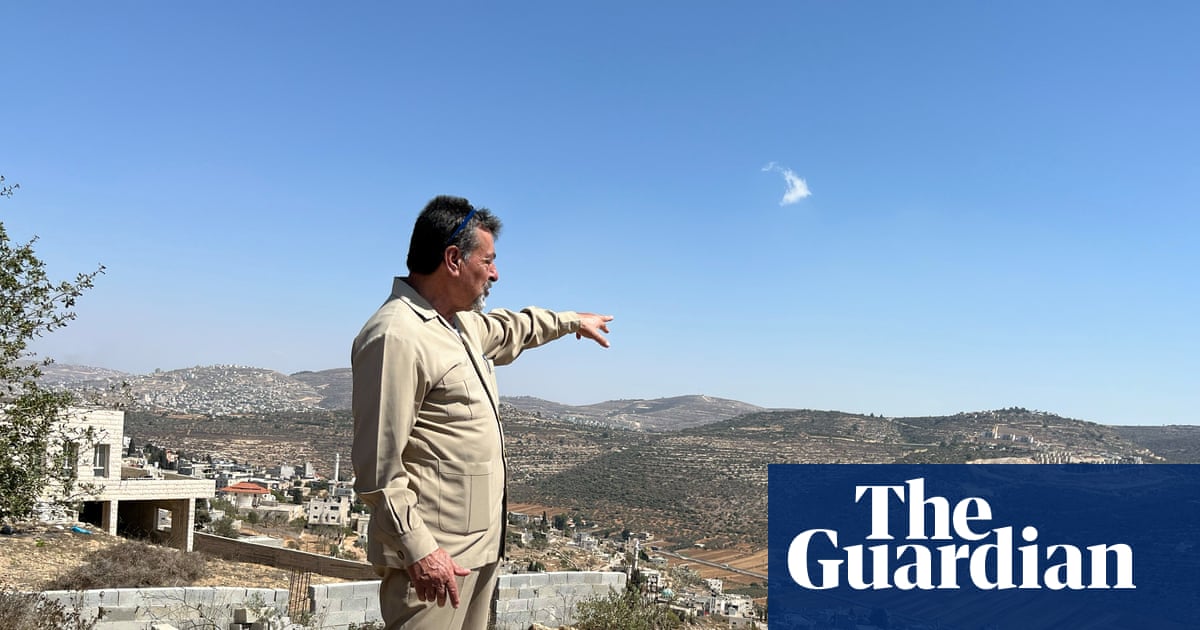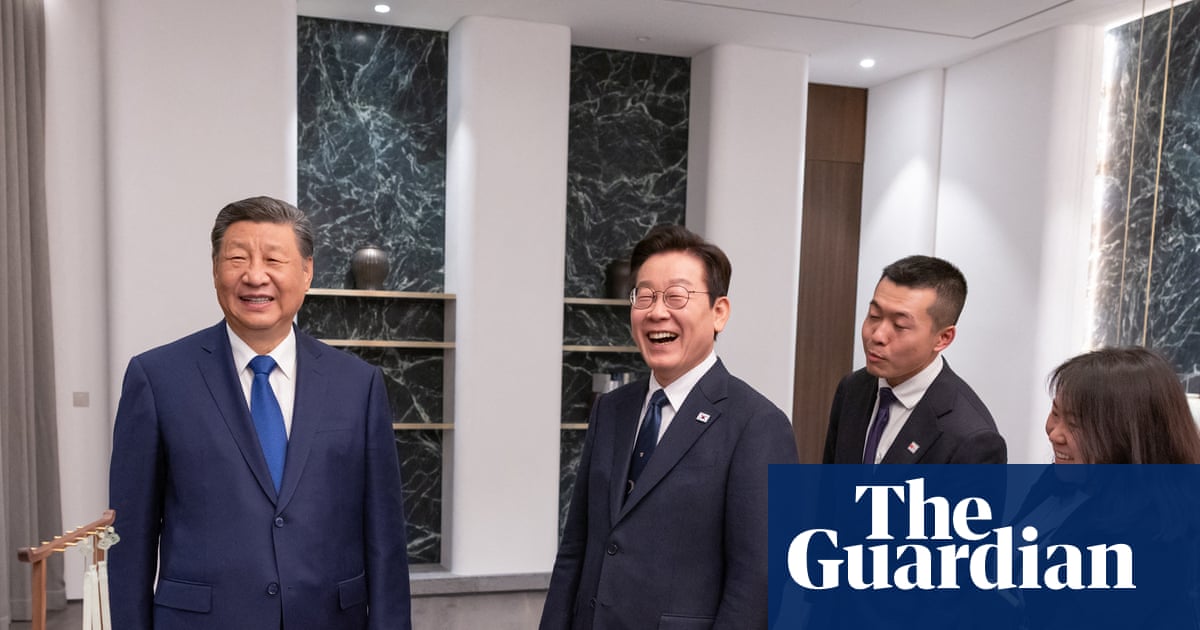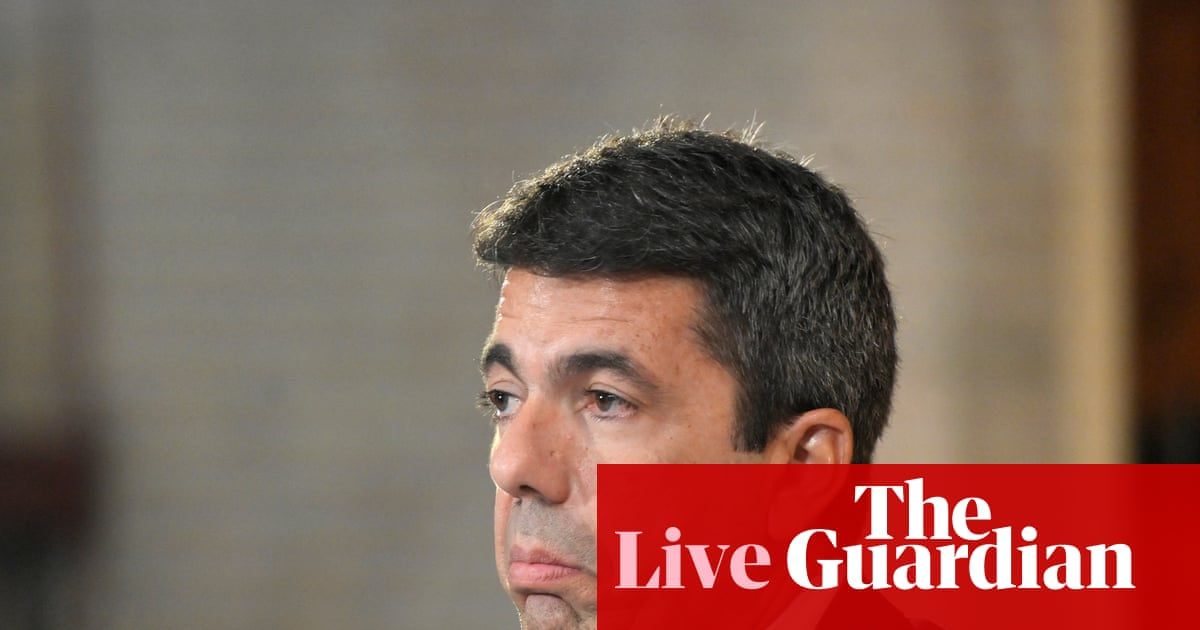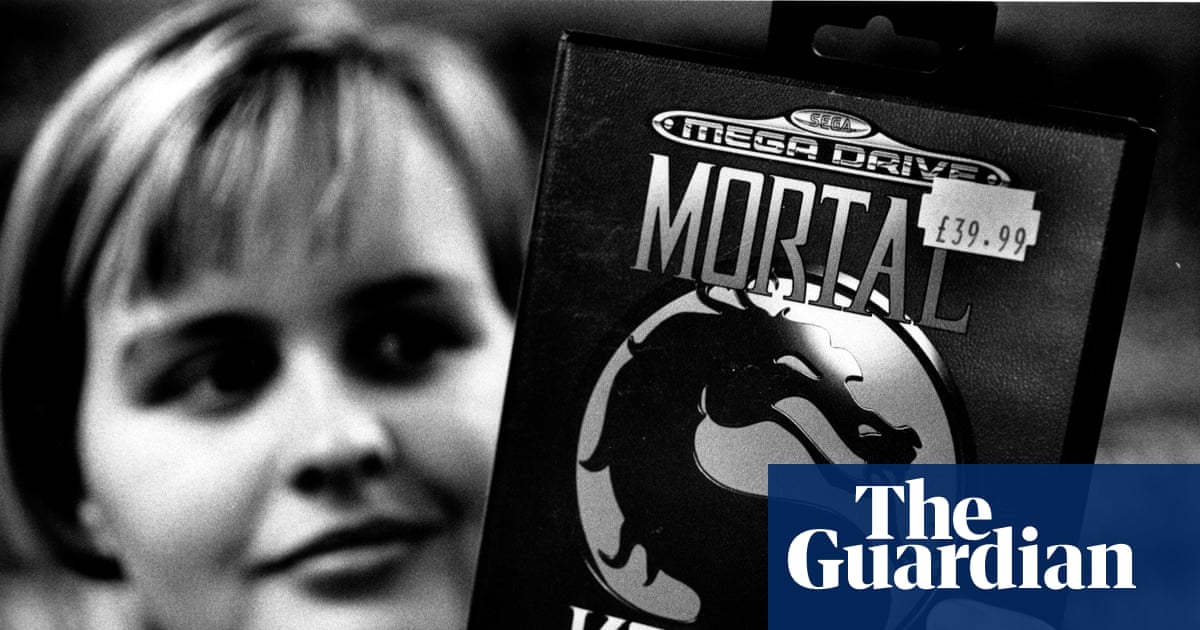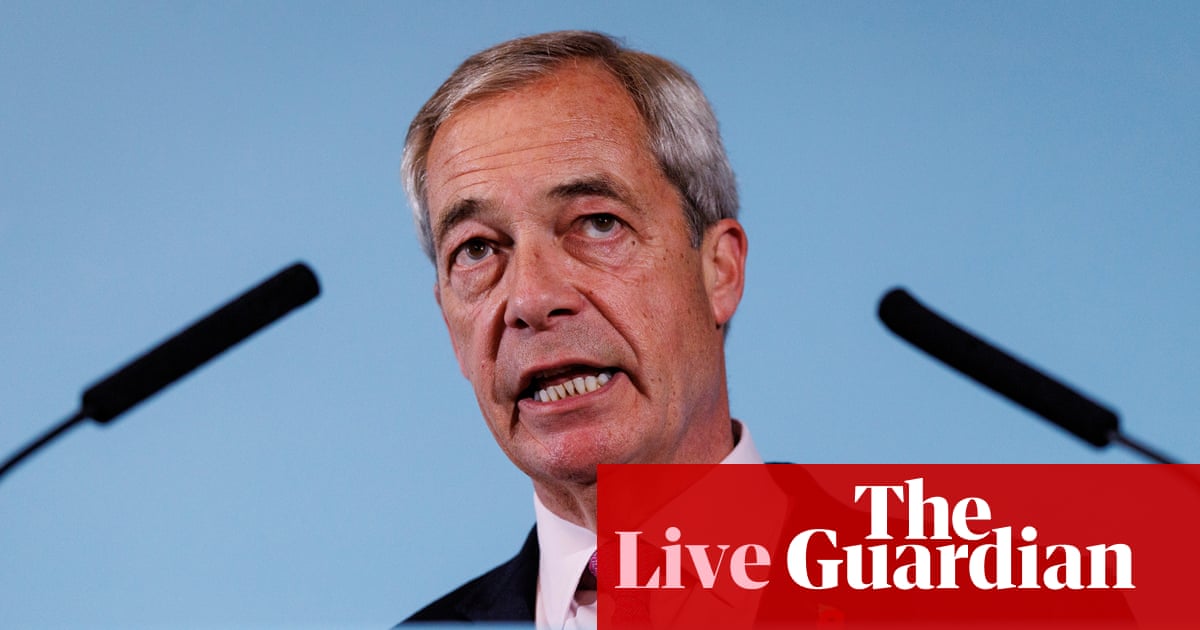High fives all round at Hamas high command. The triumphant clink of Gaza Cola tins pings across the bunker. It’s been a tough week for the lads, what with five of their members being killed in the Doha airstrike, but you’ve got to celebrate the little victories, yeah? And as they use what remains of their fragile satellite internet connection to refresh the Cyclingnews live blog for the final time, the Hamas Grand Tour Disruption Division (Vuelta Branch) can toast an operation executed to perfection: the successful mobilisation of more than 100,000 members of the Madrid battalion to force the curtailment of stage 21 of the Tour of Spain.
“They asked us to quit the Vuelta, but we did not surrender to the terrorists,” said Sylvan Adams, co‑owner of the Israel-Premier Tech team targeted by mass protests that disrupted several stages. On Sunday, huge crowds of protesters in Madrid forced the race to conclude 27 miles short of the finish. And if the rancorous and chaotic last three weeks have taught us anything, it is the sheer number of terrorists that appear to have been operating within pro cycling, albeit many armed with nothing more lethal than energy gels.
So in the Adams imagination, presumably the numerous riders and teams who have been privately urging Israel-Premier Tech to withdraw from the race for the safety of the whole peloton were terrorists. So too the prospective signings who, according to an Escape Collective investigation, are refusing to join because of the negative PR the team have been attracting, and the sponsors currently reconsidering their involvement.
The fans who lined and occasionally even occupied the roads of Valladolid and Galicia with Palestine flags and banners: very obviously terrorists, operating under the command of their terrorist leader, the Spanish prime minister, Pedro Sánchez. The eventual winner, Jonas Vingegaard, expressed his sympathy for the protesters after stage 15, unwittingly outing himself as a terrorist too. Who knew that Hamas had such an iron grip on the sport?

Back in the real world – albeit only just – the sport’s governing body was issuing its own strong denunciation of the protests. “The UCI strongly condemns the exploitation of sport for political purposes,” it fumed, adding: “Sport must remain autonomous to fulfil its role as a tool for peace.” Meanwhile, Vingegaard’s Visma-Lease a Bike team principal, Richard Plugge, argued that the sporting arena was no place for political debate. “Otherwise,” he said, “the very essence of sport as a unifying force is at risk.”
Right. About that. And yes, it was surreal to see one of the world’s great bike races hobbled at the knees, to see Vingegaard, João Almeida and Tom Pidcock atop their makeshift podium in a hotel car park, the official victory ceremony having been cancelled, the moment of jubilee for ever tarnished. For all this, there is of course a basic dissonance at work here. You can sell your event as a unifying force, a tool for peace. Or you can allow it to become an advertising space for a regime that has (according to a United Nations commission) committed a genocide. But you can’t do both.
After all, this is a team whose own aims go well beyond accumulating money and winning bike races. Adams sees Israel-Premier Tech as a form of “sports diplomacy”, “a worldwide advertising board to win hearts and minds to the Israeli cause”. And in this respect Adams is simply emulating a model first trodden by the pitiless authoritarian regimes of the United Arab Emirates (UAE Team Emirates), Bahrain (Team Bahrain Victorious) and Kazakhstan (XDS Astana). So let’s not imagine that anyone is being singled out for scrutiny here.
The broader issue is what happens when governing bodies and administrators allow their stage to be used as a playground for state actors. The investment is nice. The investment is secure. The investment helps to keep the show on the road. But of course there is a kind of wilful blindness to the idea that you can entertain their involvement without having to deal with the political consequences. Bring warring states into sport and before long the sporting battlefield is going to look an awful lot like the real thing. How does this play out in practice? Perhaps the answer lies 3,500 miles to the east, and a feverish row about handshakes.
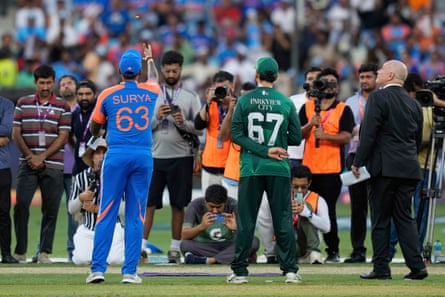
The scorecards from Dubai will tell you that India beat Pakistan by seven wickets in Group A of the Asia Cup. The headlines, of course, were of other matters entirely. “Some things are beyond sportsmanship,” the India captain, Suryakumar Yadav, said of his team’s decision to refuse handshakes with their opponents before or after the game. He went on to dedicate the victory to the victims of the Pahalgam terrorist attack and the troops who took part in Operation Sindoor, a campaign of missile strikes on Pakistan. “We are aligned with our government,” he explained, which is not the sort of thing you can really imagine Harry Brook saying to Michael Atherton on Sky.
Sport as a unifying force. Sport as a tool for peace. Again, good luck with that one. Cricket in India – and by extension everywhere else – has long been realigned as an arm of the Narendra Modi supremacy. Political allies have been placed in key administrative positions. Jay Shah, son of Modi’s home minister, runs the International Cricket Council. The offensive against Pakistan has been stepped up considerably, with Pakistani players not welcome in the Indian Premier League, and no bilateral series between the two countries since 2013.
after newsletter promotion
And so on this occasion the unenviable task of navigating a bitter sectarian blood feud between these two nuclear powers fell to the match referee, Andy Pycroft, a man whose job essentially boils down to the policing of minor cricketing infractions, stuff like inappropriate bat logos. Still, if the Modi government gets hit with a 5% fine for slow over rates, we’ll know the backlash has begun in earnest.
We could cite numerous other examples: the way the diplomatic crisis between Qatar and Saudi Arabia ended up unfolding in the boardrooms of European football. A men’s football World Cup in 2026 rebranded as Donald Trump’s Maga carnival. Newcastle fans are discovering that their golden ticket to eternal glory is at the whim of whatever a minor Saudi royal has decided is at the top of his in-tray. Across the world, sport has increasingly become a vehicle not simply for state propaganda but hard-edged power, a theatre of war by any other name.

What links all of this is the fact that you – the fan, the follower, the observer – did not ask for any of this. Perhaps sport was once the place where you sought refuge from geopolitics, not a head-on collision with it. And in this respect perhaps the creeping militarisation of the sporting stage is a mirror of the world at large: a world in which the individual citizen is increasingly meaningless, a passive consumer of the spectacle or a security threat to be extinguished and – importantly – nothing else.
Against all this perhaps it is possible to see the Vuelta protests not simply as an act of Palestinian solidarity, but as a broader howl of disenfranchisement, the kind that so rarely penetrates the iron turnstiles of Big Sport. Perhaps cycling is the last sport where such a display is even possible, a wild and sprawling diorama where the many can still be heard over the few. You can lock down a stadium. You can confiscate flags and banners, pipe loud music over the speakers. But you will never be able to police the whole road.

.png) 1 month ago
38
1 month ago
38
